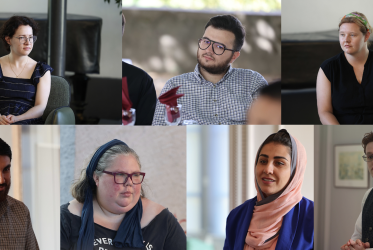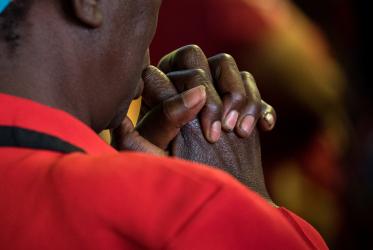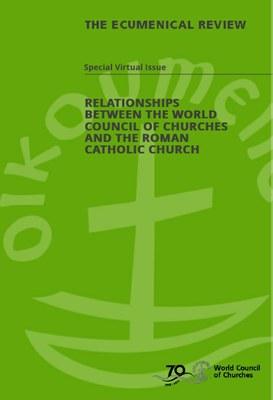Displaying 1 - 20 of 20
WCC leaders recall life-changing experiences from early days
10 February 2022
Current dialogue
05 August 2020
International Review of Mission
05 August 2020
The Ecumenical Review
05 August 2020
Current dialogue
18 December 2018
International Review of Mission
05 December 2017
The Ecumenical Review
01 January 1970











